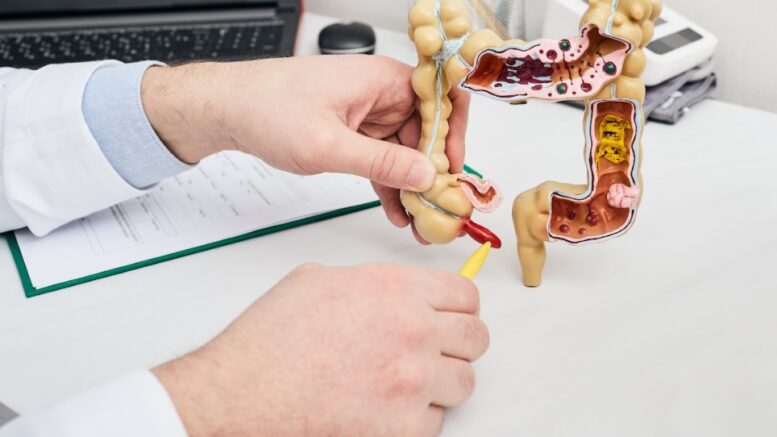Gut health has attracted greater attention in recent years as research has highlighted its role beyond digestion and in the maintenance of overall health. Comprising trillions of microorganisms, such as bacteria, fungi, and viruses, the gut microbiome regulates nutrient absorption, immune system function, and the production of vitamins and enzymes. Despite growing awareness about the importance of good gut health, most people don’t know where and how to begin. The simplest way to improve gut health is with natural remedies and dietary supplements that promote digestion and soothe the gastrointestinal tract.
Here are 5 simple steps to heal your gut and improve your health.
Have probiotics every single day
Probiotics are healthy gut bacteria that improve your gut microbiome as well as your overall health. Foods like unsweetened yogurt, tempeh, kefir, kimchi, and sauerkraut are all good sources of probiotics and you can include them in your regular diet. If you are unable to make changes to your diet, you can take a daily probiotic supplement instead. These supplements contain a variety of healthy bacteria that strengthen the gut microbiome.
Add 1 high-fiber food to your daily diet
Prebiotics are a type of dietary fiber that feeds healthy gut bacteria and improves the gut microbiome. Oats, barley, apples, bananas, dandelion greens, chickpeas, almonds, hazelnuts, and wholegrain flour products are good sources of prebiotics. Adding just one high-fiber food to your daily meals will increase the population of healthy gut bacteria within a couple of weeks.
Limit ultra-processed foods
Ultra-processed foods contain sugars and other additives that feed unhealthy gut bacteria. These unhealthy bacteria are linked to inflammation, which is one of the reasons why people who consume ultra-processed food have a significantly higher risk of lifestyle diseases. Ultra-processed foods include sugary sodas, sweetened breakfast cereals, candy bars, cookies, burgers, fries and other fast food, sausages, hot dogs, and other cured or processed meats and packaged baked goods such as cakes, and pastries.
Reduce Stress
Stress triggers an inflammatory response in the body which affects the gut environment. This is why chronic stress is linked to higher levels of unhealthy bacteria and lower levels of healthy bacteria in the gut. Engaging in daily meditation, practicing deep breathing exercises, participating in yoga, socializing, and spending time with pets are scientifically proven methods to lower stress levels.
Exercise Daily
Regular physical activity is linked to increased microbial diversity in the gut, which in turn, is associated with better overall health. If possible, opt for a variety of exercises including cardio and resistance training. It’s okay if you can’t go to the gym every day, just start your day with a short workout or quick dance session. If you don’t have time to exercise at the start of your day, you can do a quick jump rope session when you get home or climb the stairs in your apartment building – any activity that gets your heart rate up.
Conclusion
Your gut is already home to healthy bacteria, but your choices have a direct impact on the environment in which they thrive. Every healthy habit that you adopt will improve your gut health, lower your risk of lifestyle diseases, and enhance overall well-being.
